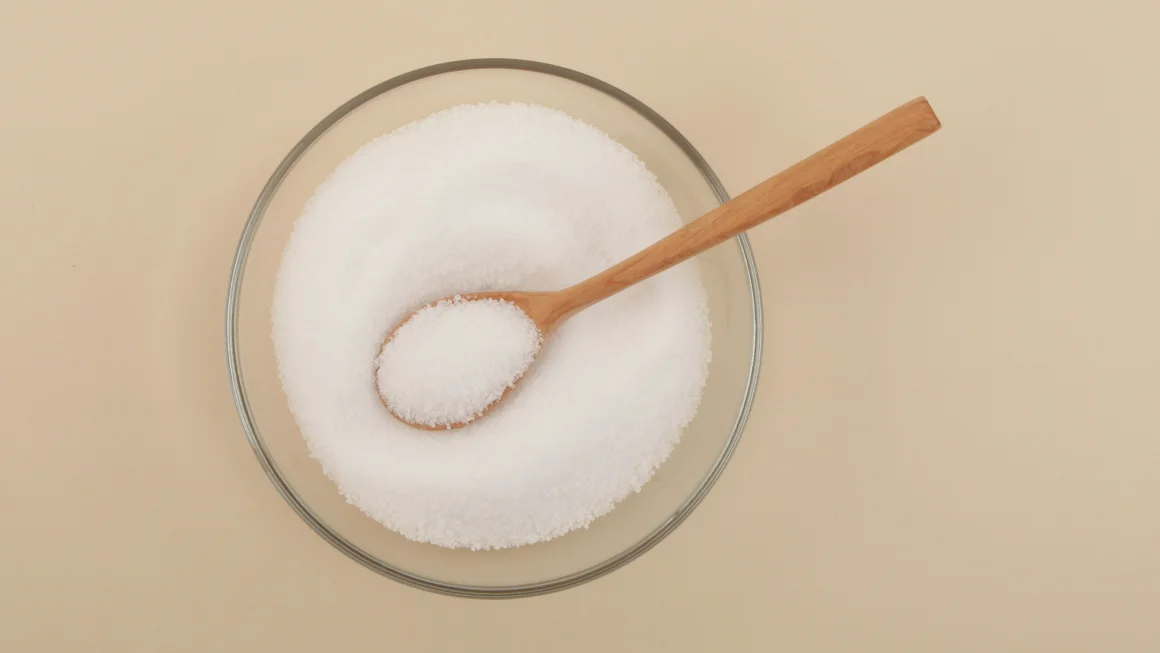A growing body of evidence has increasingly linked diet sodas and other no- or low-calorie foods with weight gain — so much so that the World Health Organization issued an advisory in May 2023 saying not to use sugar substitutes for weight loss.
“Replacing free sugars with non-sugar sweeteners does not help people control their weight long-term,” Dr. Francesco Branca, director of WHO’s department of nutrition and food safety, said at the time.
Now, a new study may shed light on why consuming too much of the artificial sweetener sucralose could be counterproductive. Instead of the brain sending a signal to eat less, sucralose triggers an increase in appetite when consumed in a drink.
“Sucralose activates the area in the brain that regulates hunger, and that activation, in turn, is linked to greater ratings of hunger,” said lead study author Dr. Katie Page, an associate professor of medicine and pediatrics and director of the Diabetes and Obesity Research Institute at the University of Southern California’s Keck School of Medicine in Los Angeles.
In fact, people who drank water with sucralose said their appetite increased by nearly 20% compared with drinking water with table sugar, Page said.
In the United States, sucralose is a key ingredient in some Splenda sugar substitutes.In Europe, sucralose is known as E955 and is found in sugar substitutes sold under the brand names Candys, Canderel Yellow, Cukren, Nevella, Splenda, SucraPlus, Sukrana and Zerocal.
![]()




